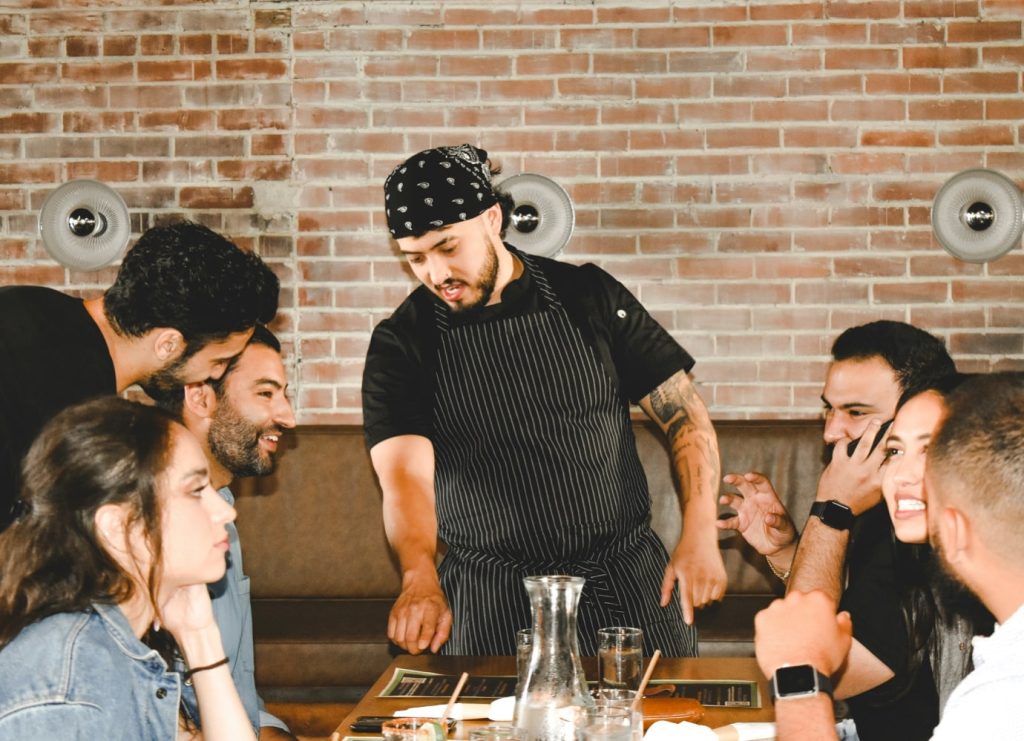
How to Become a Food Critic: By Mary Callater
July 19, 2024

Content
A Recipe for Success
As a journalist and a foodie, I have often wondered what it must be like to be a great food critic. Perhaps it’s even better than being a great chef. Well maybe not, because to have the talent and ability of a great chef would be a blessing you could bestow on family and friends alike. A super power almost. But what does it take to become a great food critic. Can you write? Can you criticise? My husband says that I am good at both. I’ve done a few reviews and it led me to think, I could build on this. And so could you.
So, for those of you who might share this dream here is what my research and passion produced and I’m sharing it with you in the hope that it might be the missing ingredient. It might be a career choice you can follow.
Becoming a food critic would be a delectable journey that combines a passion for cuisine with the art of storytelling. If you’ve got a discerning palate and a way with words, this career might be your perfect dish. Here’s a four-course guide to help you on your way to becoming a respected voice in the culinary world.
Appetizer: Develop Your Palate and Knowledge
The foundation of any great food critic is a well-developed palate and a deep understanding of food. Start by expanding your culinary horizons. Try diverse cuisines, experiment with cooking techniques, and learn about ingredients and flavour profiles. Consider taking courses in culinary arts or food science to bolster your knowledge. Remember, a true critic doesn’t just eat; they experience food with all their senses.
Main Course: Hone Your Writing Skills
A food critic’s words should be as carefully crafted as a chef’s signature dish. Sharpen your writing skills through practice and education. Consider studying journalism, creative writing, or English to master the art of engaging prose. Learn to describe flavors, textures, and dining experiences in a way that transports your readers to the table. Your writing should be honest, fair, and as nuanced as the dishes you’re critiquing.
Side Dish: Build Your Experience and Portfolio
Like a fine wine, a food critic’s reputation improves with time and exposure. Start small by writing for local publications, creating a food blog, or contributing to online review platforms. If you can get the chance to write for an outstanding food-site with a sizeable audience, then it will whet your appetite for more. These experiences will help you develop your unique voice and style. As you gain confidence, pitch your work to larger publications. Remember, persistence is key – even the most renowned critics started with their first review.
Dessert: Embrace Professional Standards and Ethics
To be taken seriously in the world of food criticism, you must adhere to high ethical standards. Familiarize yourself with guidelines set by organizations like the Association of Food Journalists. Always maintain objectivity, pay for your meals, and visit establishments multiple times before writing a review. Your integrity is as important as your taste buds. As you embark on this flavourful career path, remember that becoming a respected food critic takes time, dedication, and a genuine love for both food and writing. Network within the industry, stay updated on culinary trends, and never stop learning. With persistence and passion, you can turn your love of food into a fulfilling career that satisfies both your appetite and your ambition.
If you are a foodie like me, being a food critic comes pretty close to being a dream job. You don’t have to reach for the heights of reviewing Gordon Ramsay’s Petrus, but once you’ve built your reputation – who is going to stop you? Great critics are worth listening to, and many have built fabulous careers doing what they love to do…
Bon appétit and happy writing!
Mary Callater is an author and journalist. She is also a self-confessed foodie.

Cathy Webb is a health blog author who has been writing about healthy living since 2024. She started her journey by adopting a vegan diet and eating only organic foods, but the more she learned, the more she realized that we should all be eating plant-based diets exclusively. As an expert in nutrition and wellness, Cathy blogs to educate readers on how they can live happier and healthier lives through food choices!















